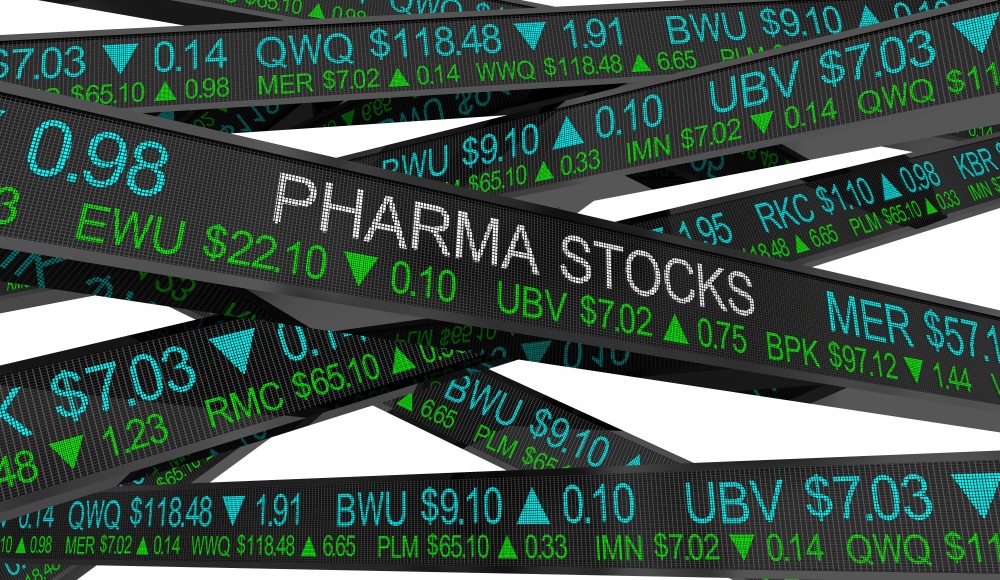GSK share price LON:GSK rallied by +5.80% after its full earnings release showed continued growth in sales and EPS alongside a share buyback.
GSK or Glaxo SmithKline to use its long-form name reported its 2024 final results this morning.
The drug maker has a market cap of £60.0 billion and though that’s not huge by US standards it’s enough to make it a significant player in UK markets.
GSK delivered £31.4 billion in total sales up by +7.00% its core operating profits for the year rose to £9.10 billion up by +11.0% whilst earnings per share, or EPS, came in at 159.3p a rise of +10.0%.
Speciality and general medicines were the two main areas of growth in the business. The former generated overall growth of +19.0% driven by strong oncology, HIV and respiratory, and immunology sales. In fact, oncology sales rose by +98.0%.
Growth in general medicines was more pedestrian coming in at +6.0%, though the firm’s Trelegy inhaler saw sales growth of 27.0%.
The one area of concern was vaccines which saw a -4.0% decline though slowing sales of vaccines has been a global trend since the end of Covid-19 lockdowns.
Looking forward GSK has 71 products in clinical development and had positive feedback from 13 phase III trials of new drugs in 2024.
It anticipates 5 new products will be approved in 2025 and has forecast sales growth of between +3.0% and +5.0%, operating profit growth of +6.0% to +8.0%, and similar growth rates for is earnings in 2025.
Speaking about the earnings release CEO Emma Walmsley said:
“GSK delivered another year of excellent performance in 2024, with strong sales and core profit growth driven by accelerating momentum of our speciality medicines portfolio. This, together with outstanding phase III pipeline progress, means we expect another year of profitable growth in 2025, and have further improved our long-term outlook, with sales of more than £40 billion now expected by 2031”
And she added
“ In particular, we are increasing and prioritising R&D investment to promising new long-acting and speciality medicines in Respiratory, Immunology & Inflammation, Oncology and HIV. Our outperformance and stronger balance sheet support these investments and others planned in R&D, as well as the opportunity to enhance shareholder returns through our progressive dividend and the share buyback programme which we have set out today.”
Investors and the market have warmed to the numbers and the stock is trading up by just over +5.80% soon after the open. There is plenty of work still to do, however, as the stock is down by almost -15.0% over the last 5-years. Though, a full-year dividend of 61p and the promise of £2.0 billion in share buybacks over the next year and a half helps to cushion the blow.

With over 35 years of finance experience, Darren is a highly respected and knowledgeable industry expert. With an extensive career covering trading, sales, analytics and research, he has a vast knowledge covering every aspect of the financial markets.
During his career, Darren has acted for and advised major hedge funds and investment banks such as GLG, Thames River, Ruby Capital and CQS, Dresdner Kleinwort and HSBC.
In addition to the financial analysis and commentary he provides as an editor at GoodMoneyGuide.com, his work has been featured in publications including Fool.co.uk.
As well as extensive experience of writing financial commentary, he previously worked as a Market Research & Client Relationships Manager at Admiral Markets UK Ltd, before providing expert insights as a market analyst at Pepperstone.
Darren is an expert in areas like currency, CFDs, equities and derivatives and has authored over 260 guides on GoodMoneyGuide.com.
He has an aptitude for explaining trading concepts in a way that newcomers can understand, such as this guide to day trading Forex at Pepperstone.com
Darren has done interviews and analysis for companies like Queso, including an interview on technical trading levels.
A well known authority in the industry, he has provided interviews on Bloomberg (UK), CNBC (UK) Reuters (UK), Tiptv (UK), BNN (Canada) and Asharq Bloomberg Arabia.
To contact Darren, please see his Invesdaq profile.



